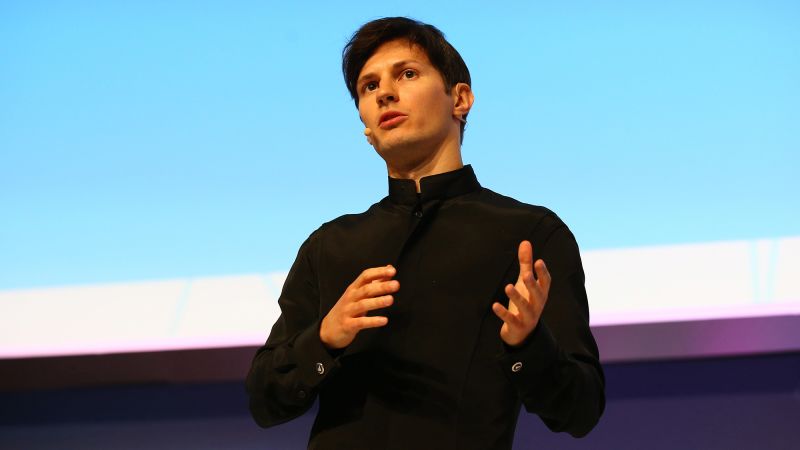Pavel Durov, the elusive founder of Telegram, is a complex figure with a variety of roles, including programming prodigy, billionaire entrepreneur, Kremlin stooge, free-speech fighter, and father to at least 100 children through sperm donations. With an estimated net worth of $9.15 billion, Durov lives a life without borders, traveling the globe to secure freedom of communication from government surveillance. However, his legal troubles have sparked a debate over Telegram’s end-to-end encryption and the security concerns of governments and the EU’s regulation of big tech.
Born in 1984 in the Soviet Union, Durov moved to Italy at a young age before eventually returning to Russia. He and his brother were both math prodigies, with Durov building Vkontakte (VK), the Russian equivalent of Facebook, in 2006. When the Kremlin requested private data of Ukrainian users organizing protests on VK in 2013, Durov refused, leading to his resignation as CEO and a departure from Russia. Today, VK is under state control, while Durov focuses on enabling freedom for others through his work.
Choosing to build his own messaging app, Telegram, rather than acquiring existing platforms like WhatsApp, Durov prioritized user privacy and security. With end-to-end encryption and a commitment to privacy, Telegram attracted millions of users, including those involved in the Paris terror attacks in 2015. Despite facing pressure to create decryption backdoors for governments, Durov maintained Telegram’s secure messaging platform at the cost of confrontations with various governments, including Russia.
Continuing to be at odds with governments worldwide, Telegram faced an attempted ban in Russia in 2018 for refusing decryption keys, which ended in 2020. Telegram operates in Russia without restrictions and is utilized by many officials for official communication. Critics question whether Durov has made concessions to the Kremlin, but Durov denies any compromises and points to his past conflicts with the Russian government as evidence of his commitment to independence. Recent issues related to Telegram’s use in money laundering and other illegal activities have brought additional attention to the platform.
Durov’s detention in Paris, related to Telegram’s moderation practices, highlighted ongoing concerns about the platform’s regulation. Despite allegations of platform abuse, Durov and Telegram maintain compliance with EU laws and reject responsibility for individual user behaviors. The Russian government has shown support for Durov following his detention, despite his public distancing from Russia. As Durov navigates legal challenges and controversies surrounding Telegram, his commitment to privacy and freedom of communication remains the forefront of his mission.













